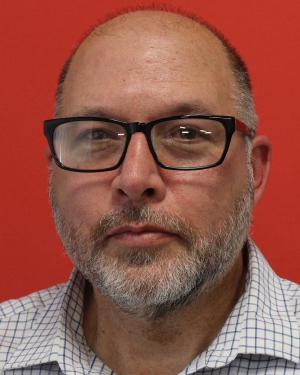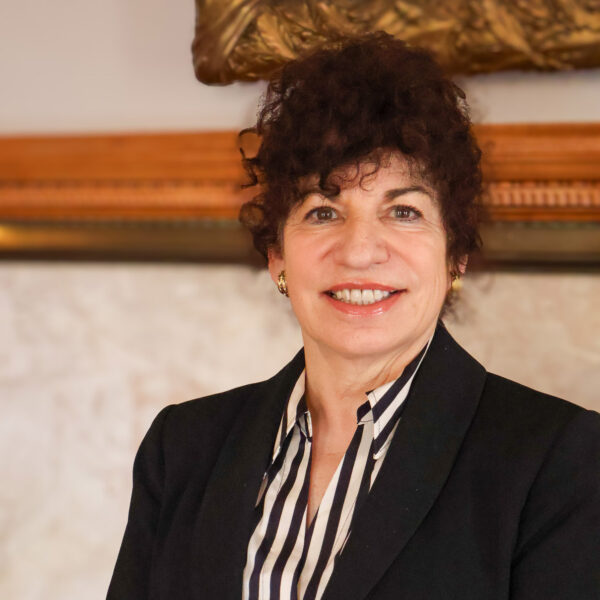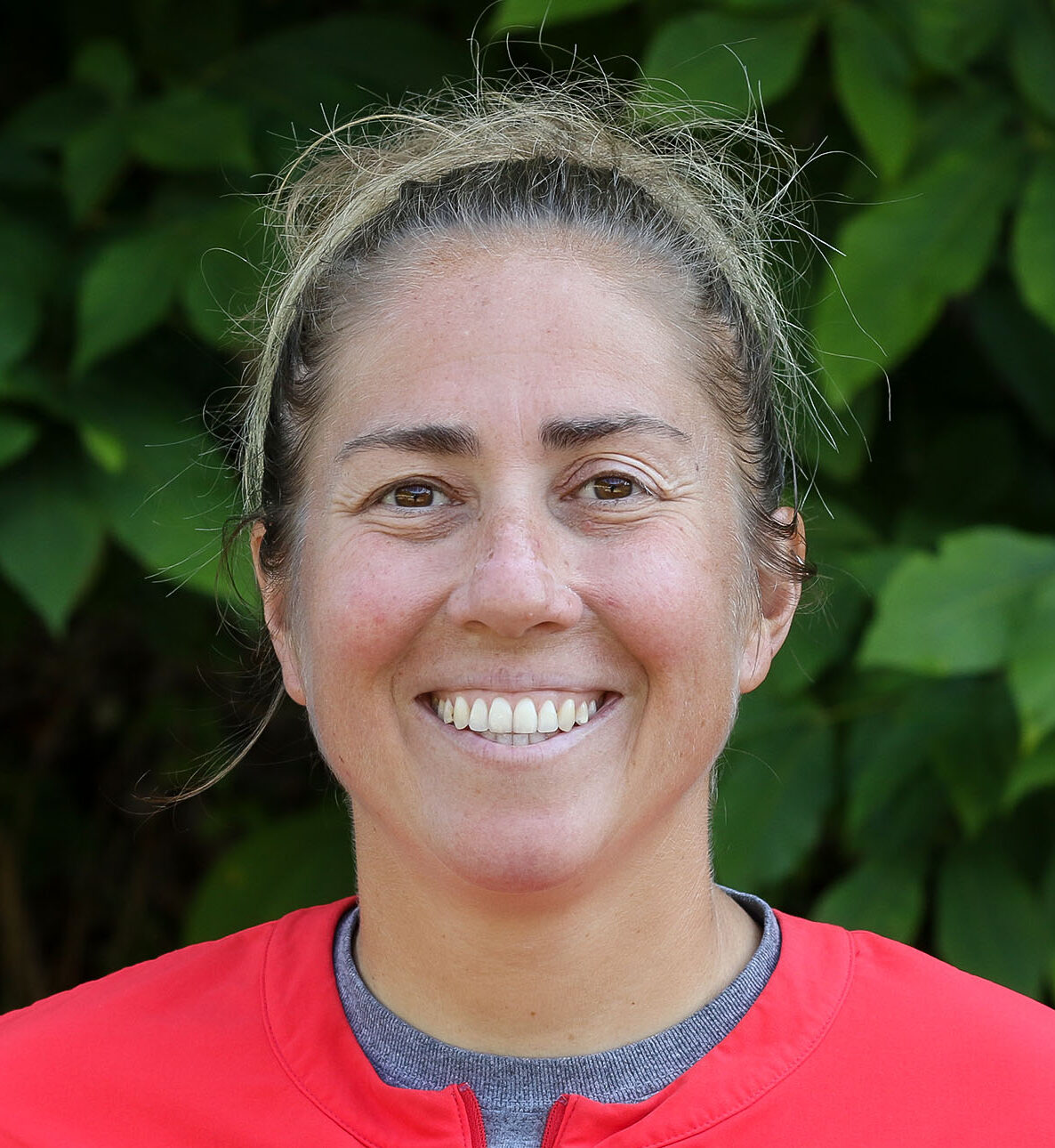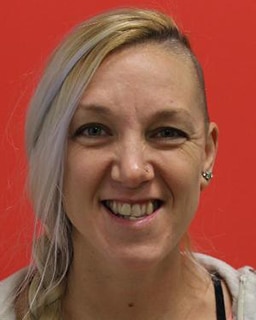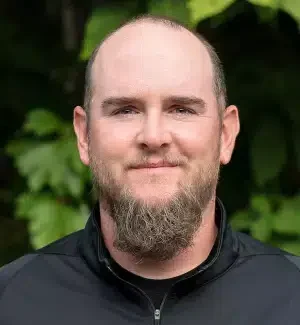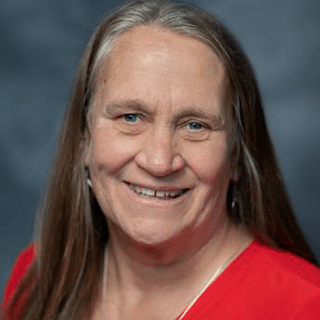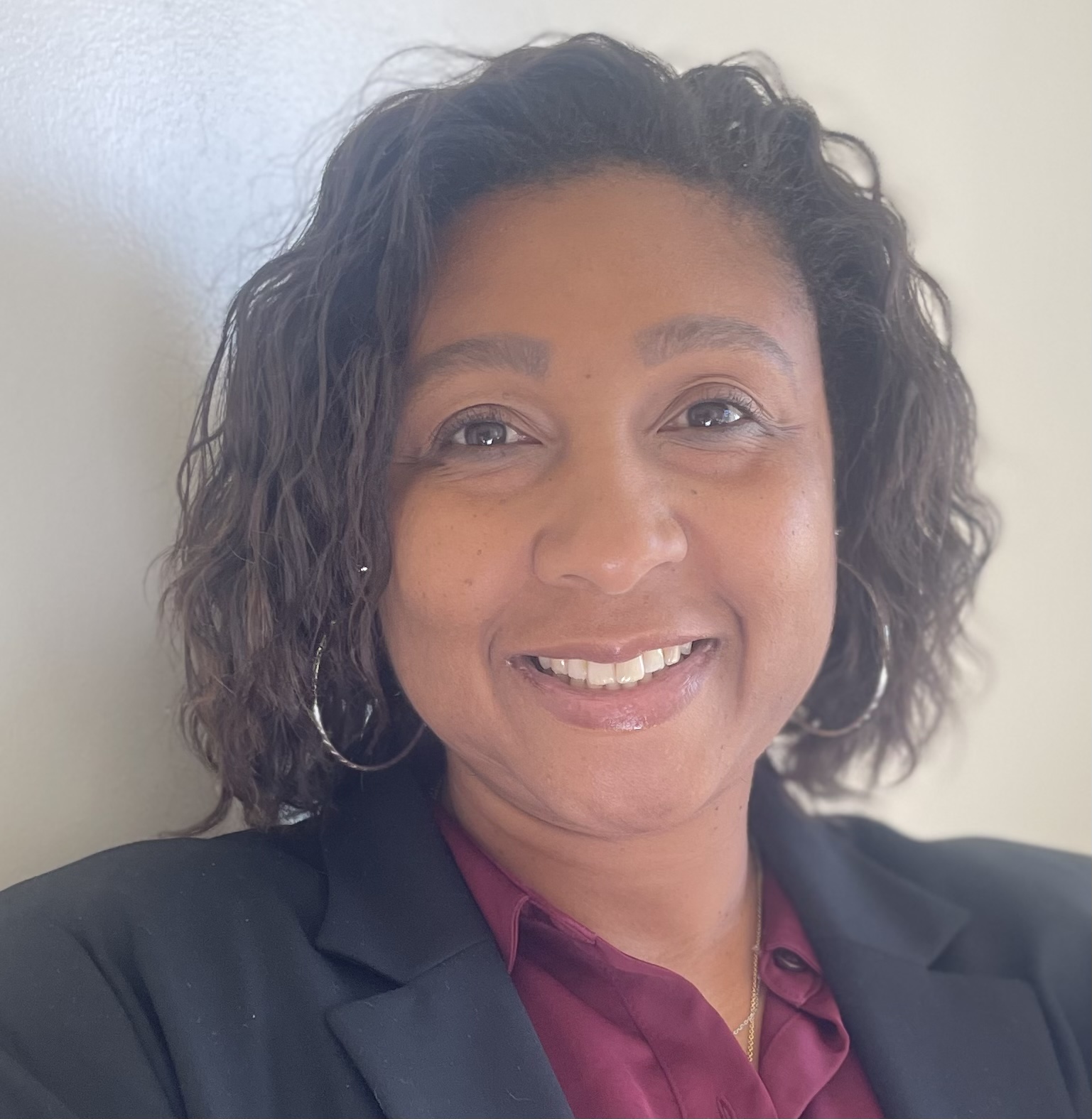Pre-Physical Therapy
Pre-Physical Therapy students are advised to take a broad, general education program to gain background in the arts, humanities, natural sciences and social sciences.
Most professional schools do not require a specific undergraduate major, although many students seeking admission to professional schools in the sciences elect an exercise science major.
Pre-Health Sciences
Admission to most medical schools is based on academic achievement as indicated by the grade point average, placement on the Medical College Admission Test (MCAT), recommendations, and personal interviews. Since physical therapy programs have more qualified applicants for admission that they can accept, it cannot be too strongly emphasized that a strong academic record is required for acceptance. Admission committees usually do not publish expected or cut-off scores for grade point average. However, competition for the limited number of positions is intense; transcripts are reviewed with regard to consistency of performance, course loads and the degree of difficulty of the curriculum.
The minimum requirements for admission vary somewhat from institution to institution, but a typical list of requirements includes English Composition (6 semester hours), Biological Sciences with lab (8 hours), Inorganic Chemistry with lab (8 hours), Organic Chemistry with lab (8 hours), Physics with lab (8 hours) and Social and Behavioral Sciences (6 hours). A quantitative background, including Calculus, is recommended.
The MCAT should be taken in the spring of the junior year, but only after completing the required courses in Biology, Chemistry and Physics.
The pre-physical therapy preparation is designed to prepare students for doctoral programs in physical therapy. Most students interested in physical therapy should complete a four year degree with the pre-professional specialization option in exercise science, and take the GRE exams.
Students interested in this professional field should consult the chair of the Department of Sport Science as early as possible after their entrance into Davis & Elkins College.
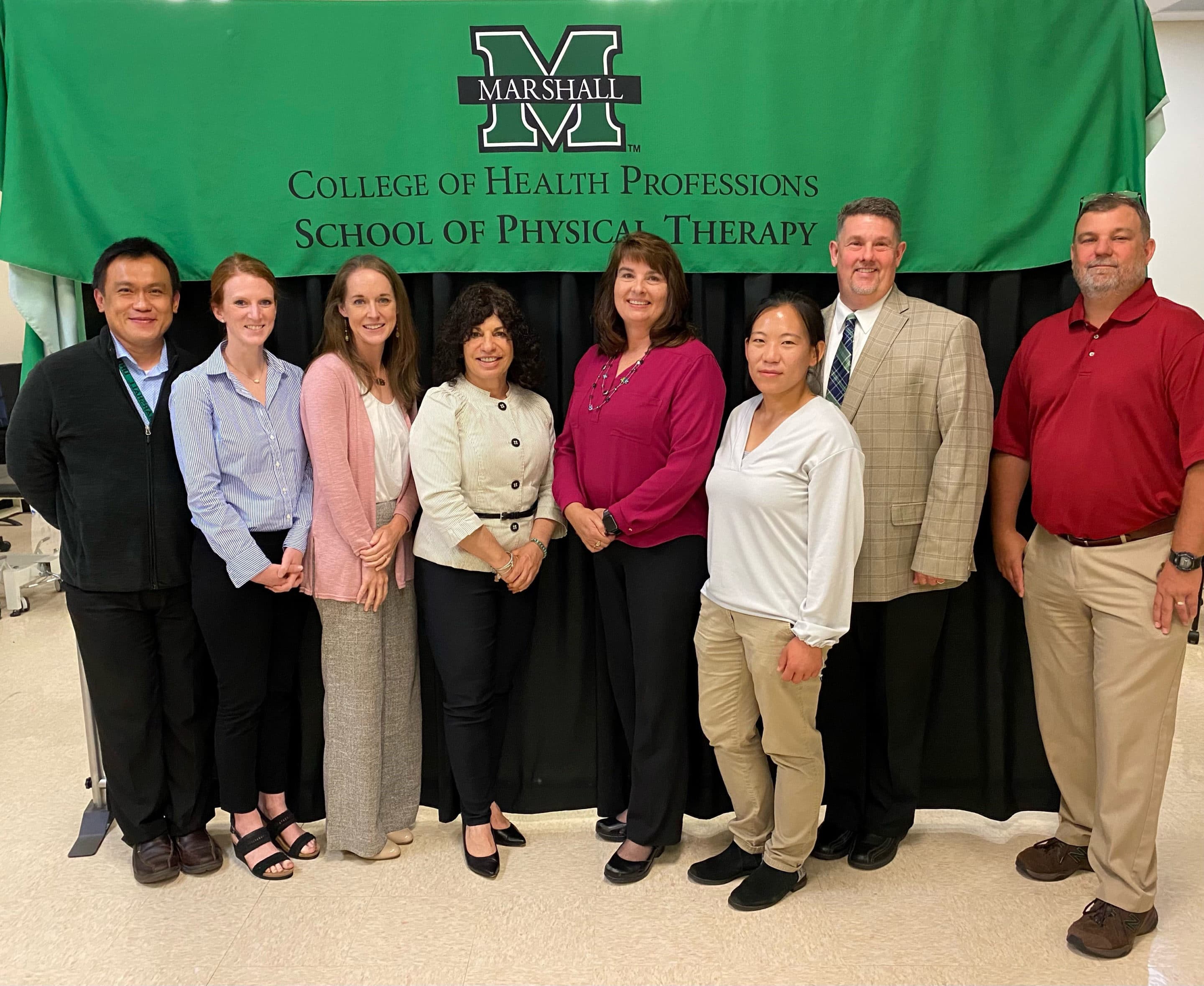
Davis & Elkins College and Marshall University have entered a collaboration that will benefit students pursuing graduate study in physical therapy. The agreement offers two D&E graduates, who meet specific criteria, acceptance into the Doctor of Physical Therapy program at Marshall University School of Physical Therapy.
According to the U.S. Bureau of Labor Statistics, the job market for physical therapists is expected to grow much faster than average for all occupations at 18 percent through 2029 as a result of aging baby boomers. While an increasing number of Davis & Elkins students show an interest in entering the field, Professor of Sport Science Dr. Mary Ann DeLuca and Assistant Professor of Sport Science Dr. Jennifer Riggleman worked with leaders at Marshall University College of Health Professions to reach the agreement.
Go Further.
Facilities
Students majoring in the sport sciences have a range of facilities to further their learning experiences.
The McDonnell Center for Health, Physical Education and Athletics is D&E’s main indoor athletic facility. The athletic training suite, a key learning facility for sport science students, houses two therapeutic whirlpools for rehabilitation, three electrical stimulation units to help student-athletes recover from injuries, and Game Ready, a therapy system that integrates cold and compression. The suite also includes various equipment necessary for student-athlete therapy rehabilitation.
Adjacent to The McDonnell Center, Hermason Center includes George A. Myles Pool and Robbins-Madden Fitness Center. Utilized by sport science students enrolled aquatics courses, the pool area was renovated in 2012. The fitness center offers a variety of cardiovascular equipment, CYBEX strength equipment, and a complete free weight area with Olympic benches and racks.
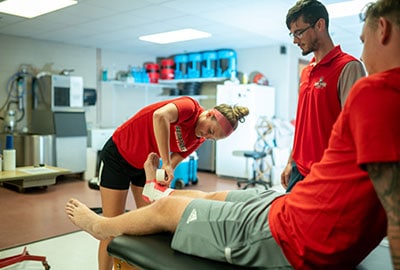
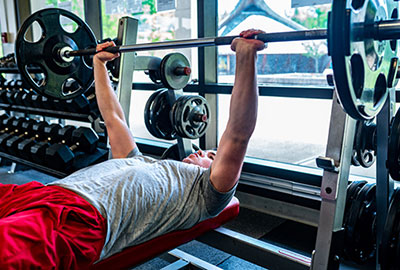
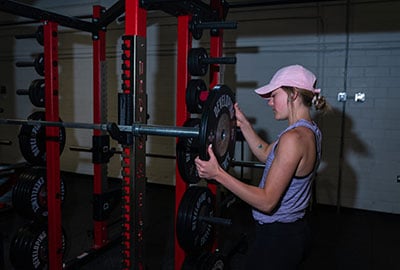
Division Directory
Lead the Way at D&E. Contact us today.
